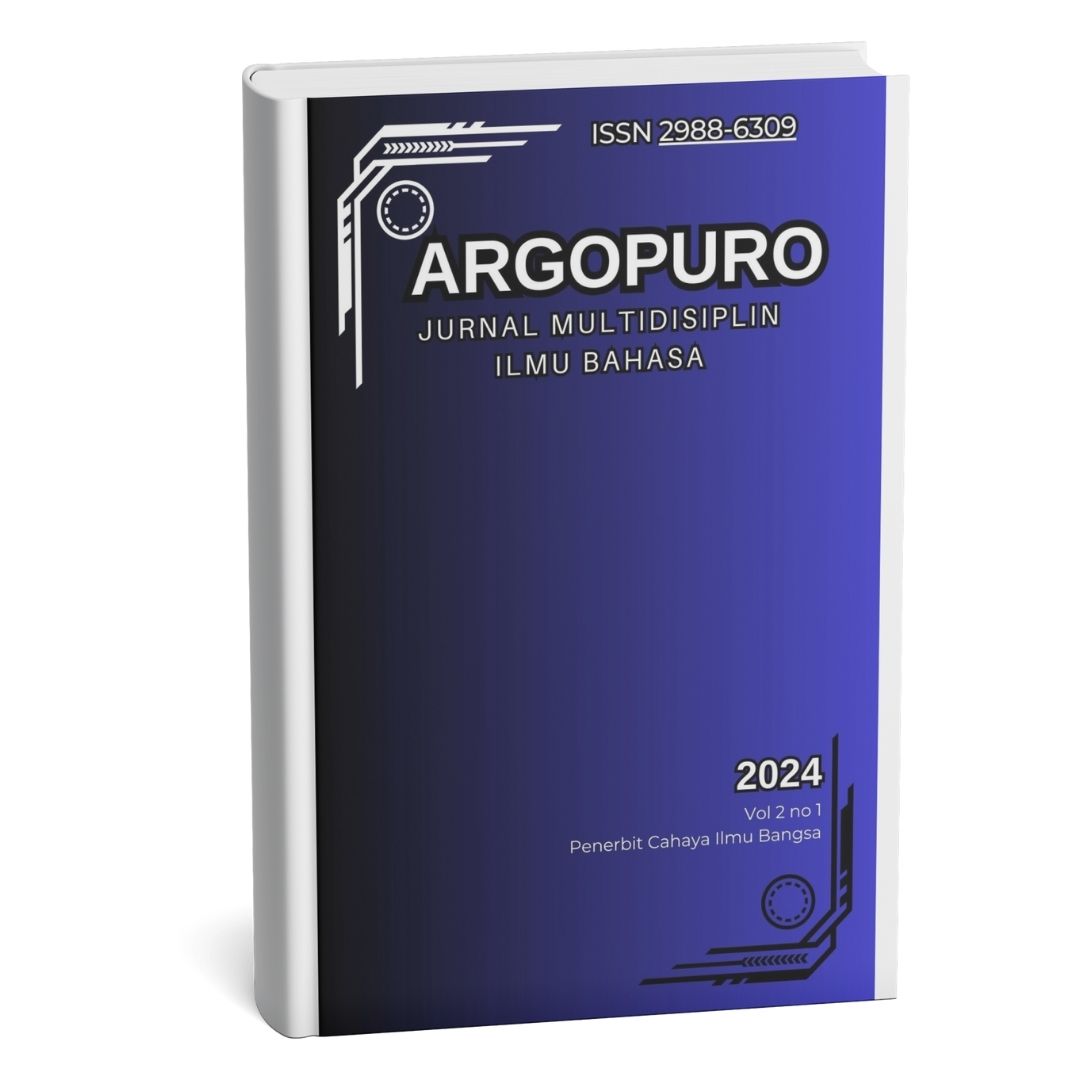THE EFFECTIVENESS OF USING DEEPL AS A TRANSLATION TOOL ON THE ACCURACY OF ENGLISH TRANSLATIONS AMONG ENGLISH DEPARTMENT STUDENTS AT UNIVERSITAS BHINNEKA PGRI
Main Article Content
Abstract
This study aims to examine the effectiveness of DeepL Translator as a tool for improving the accuracy of English translation among sixth-semester students of the English Department at Universitas Bhinneka PGRI. Utilizing a pre-experimental one-group pre-test–post-test design, this quantitative research involved 16 participants. The research instruments consisted of pre-test and post-test translation tasks designed to assess students’ translation accuracy before and after using DeepL Translator. These tasks were evaluated by two independent raters using a detailed scoring rubric.
Data analysis included descriptive statistics, normality testing using the Shapiro-Wilk test, and hypothesis testing using the Wilcoxon Signed-Rank Test, as the pre-test scores did not meet the assumption of normality. The results indicated a significant improvement, with the average score increasing from 59.31 (pre-test) to 83.44 (post-test). This difference was statistically significant, with a Wilcoxon significance value of .000 (p < 0.05). Furthermore, inter-rater reliability was high, as shown by a Cronbach’s Alpha of 0.877 and an Intraclass Correlation Coefficient (ICC) of 0.833, indicating strong consistency between raters.
